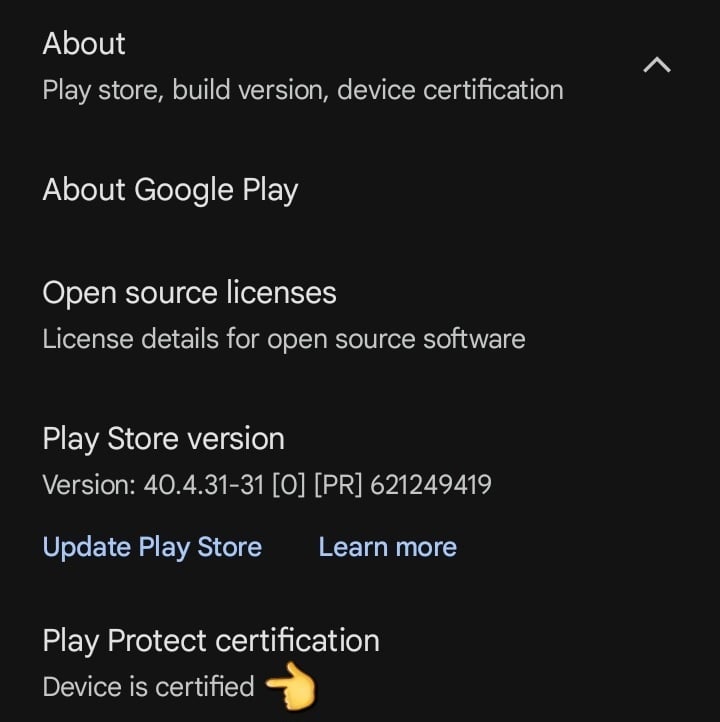108
you are viewing a single comment's thread
view the rest of the comments
view the rest of the comments
this post was submitted on 17 Apr 2024
108 points (93.5% liked)
Linux
48691 readers
1062 users here now
From Wikipedia, the free encyclopedia
Linux is a family of open source Unix-like operating systems based on the Linux kernel, an operating system kernel first released on September 17, 1991 by Linus Torvalds. Linux is typically packaged in a Linux distribution (or distro for short).
Distributions include the Linux kernel and supporting system software and libraries, many of which are provided by the GNU Project. Many Linux distributions use the word "Linux" in their name, but the Free Software Foundation uses the name GNU/Linux to emphasize the importance of GNU software, causing some controversy.
Rules
- Posts must be relevant to operating systems running the Linux kernel. GNU/Linux or otherwise.
- No misinformation
- No NSFW content
- No hate speech, bigotry, etc
Related Communities
Community icon by Alpár-Etele Méder, licensed under CC BY 3.0
founded 5 years ago
MODERATORS
Does waydroid support safetynet? That seems to be what op is talking about
SafetyNet is deprecated and replaced by "Google Play Certification" checks. This means any custom OS may be blocked. Its pretty horrible.
Safetynet worked at some point, but it's proprietary tech that changes on a whim. Any other emulator or container will probably run into the same problem. Starting an entire new emulator with the purpose of circumventing safetynet or other proprietary attestation is an effort that could've gone into making it work on waydroid instead.
@unknowing8343@discuss.tchncs.de
Anti Commercial-AI license
That's specifically for Magisk.
This is for Waydroid.
My understanding is the Google Integrity API is not the same as Google Play Protect:
Google Play Protect seems to function more like an antivirus
Because Play Protect works doesn't mean Integrity API will.
Anti Commercial-AI license
You need Google Play Certification to pass Play Integrity checks.
 Magisk breaks other checks.
Magisk breaks other checks.
For Waydroid this is the only step you should need, unless you add Magisk.
Where did you get that second screenshot from? It's not available on my Waydroid instance.
Anti Commercial-AI license
Oh, it does work 😮 That should solve OP's problem then 🤔
Anti Commercial-AI license
AFAIK waydroid doesn't pass the AVB (Android Verified Boot) check
It passes the basic one?
https://docs.waydro.id/faq/google-play-certification
Damn, interesting. Only works with Google Tracking at root level, but at least it works... for now.
I doubt it does, google would never approve that. Maybe if it would pretend to be an other, genuine device, but I'm not sure the devs want to deal with that